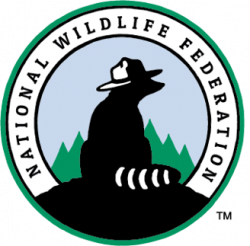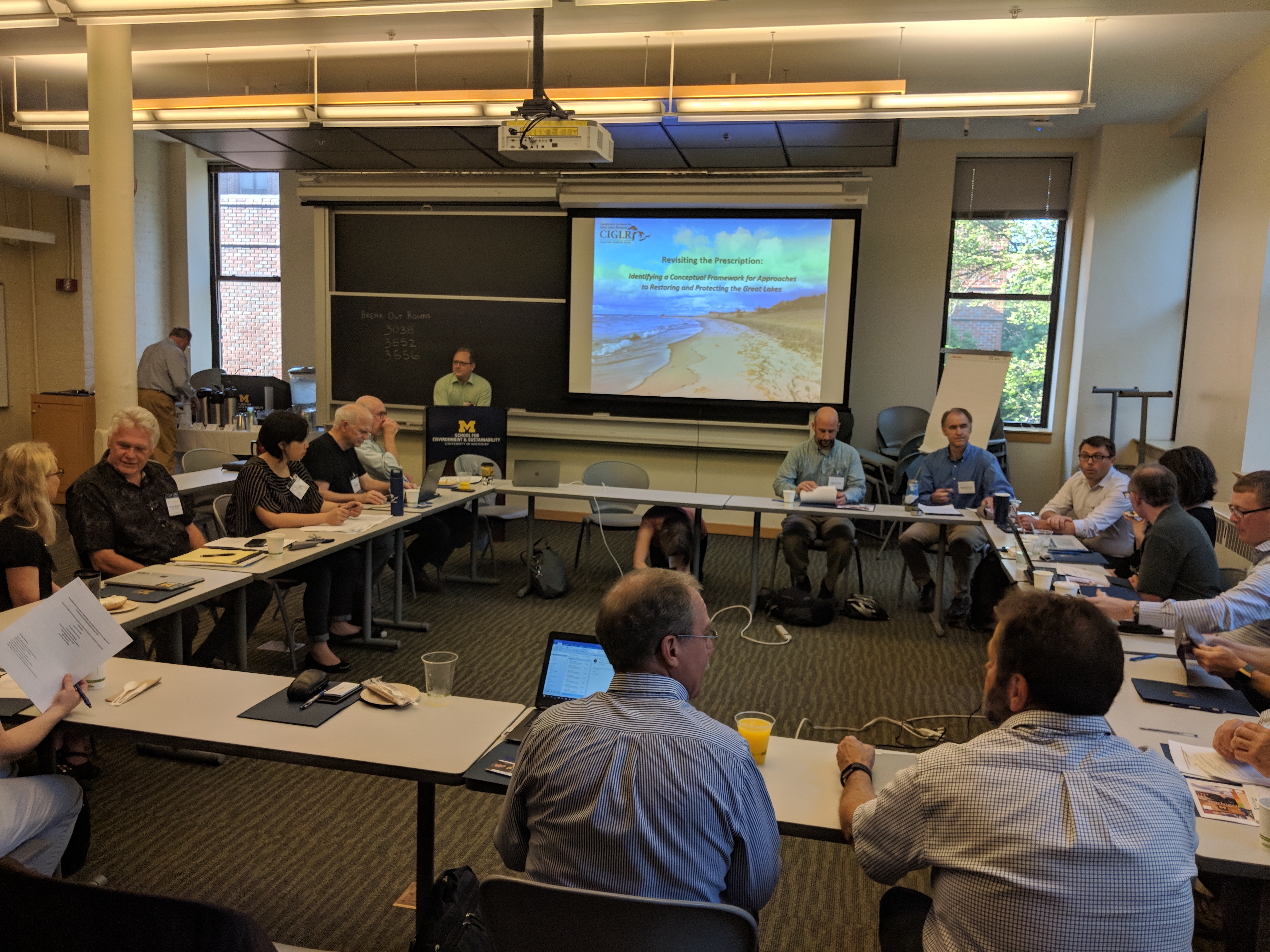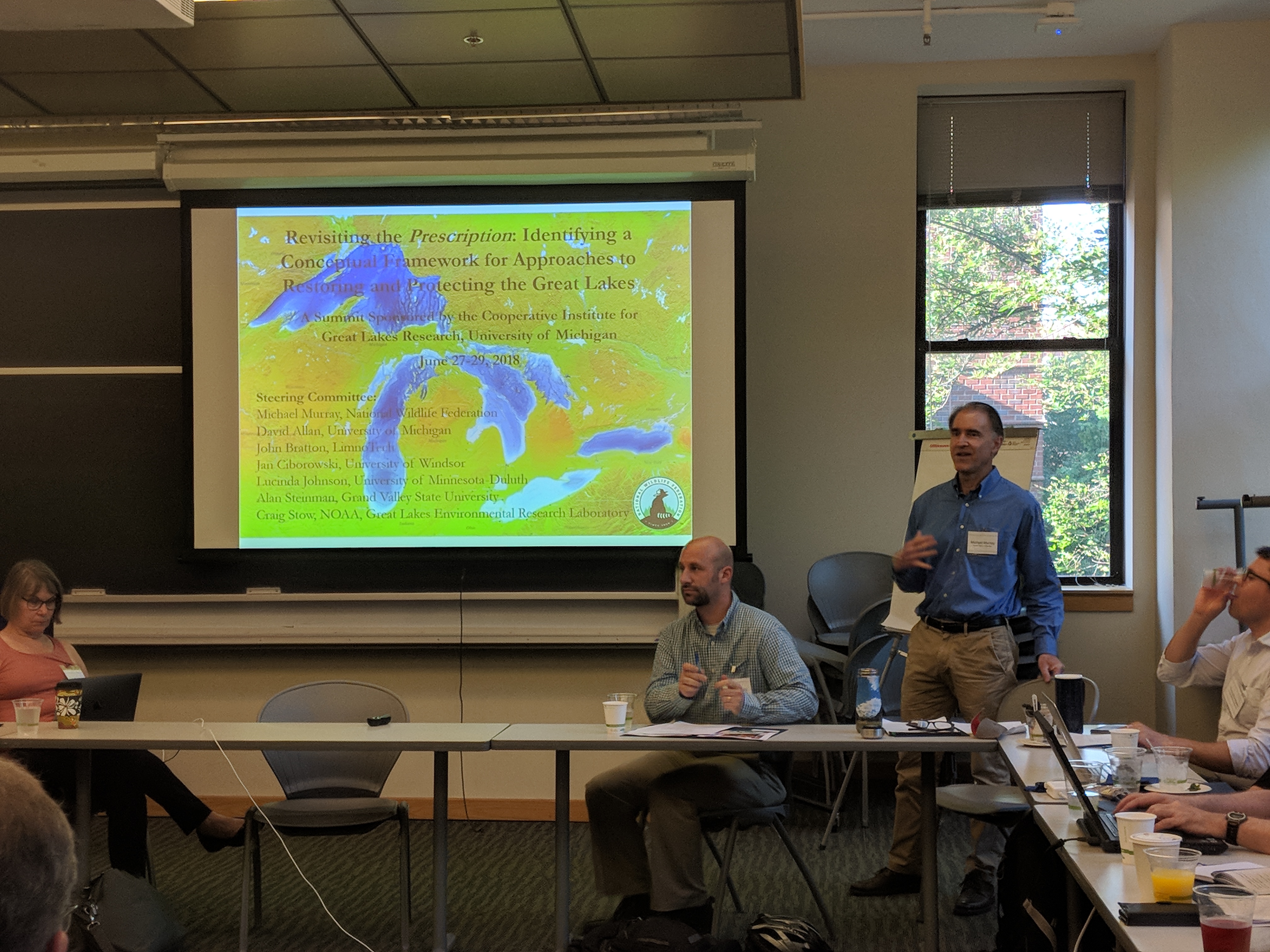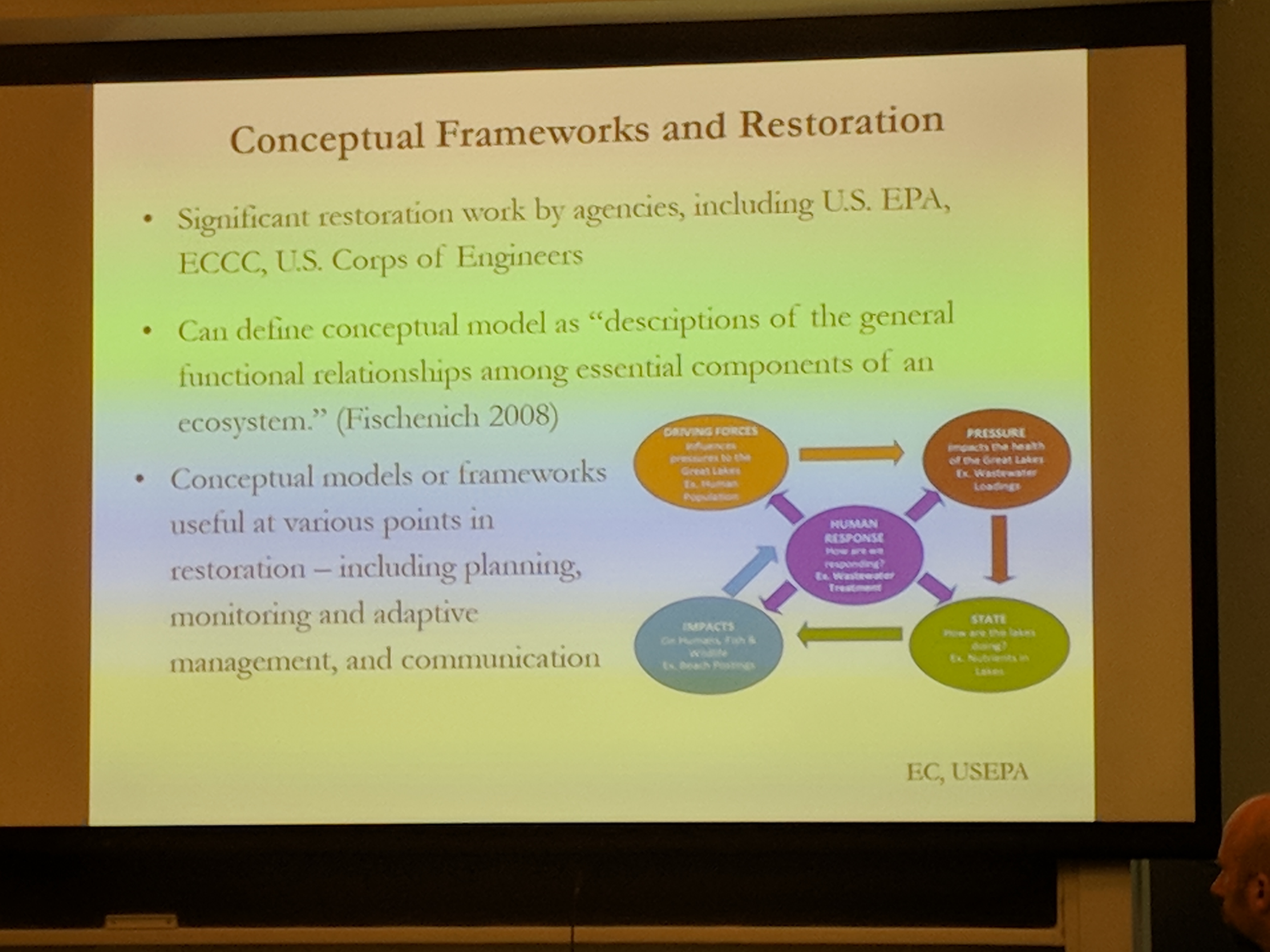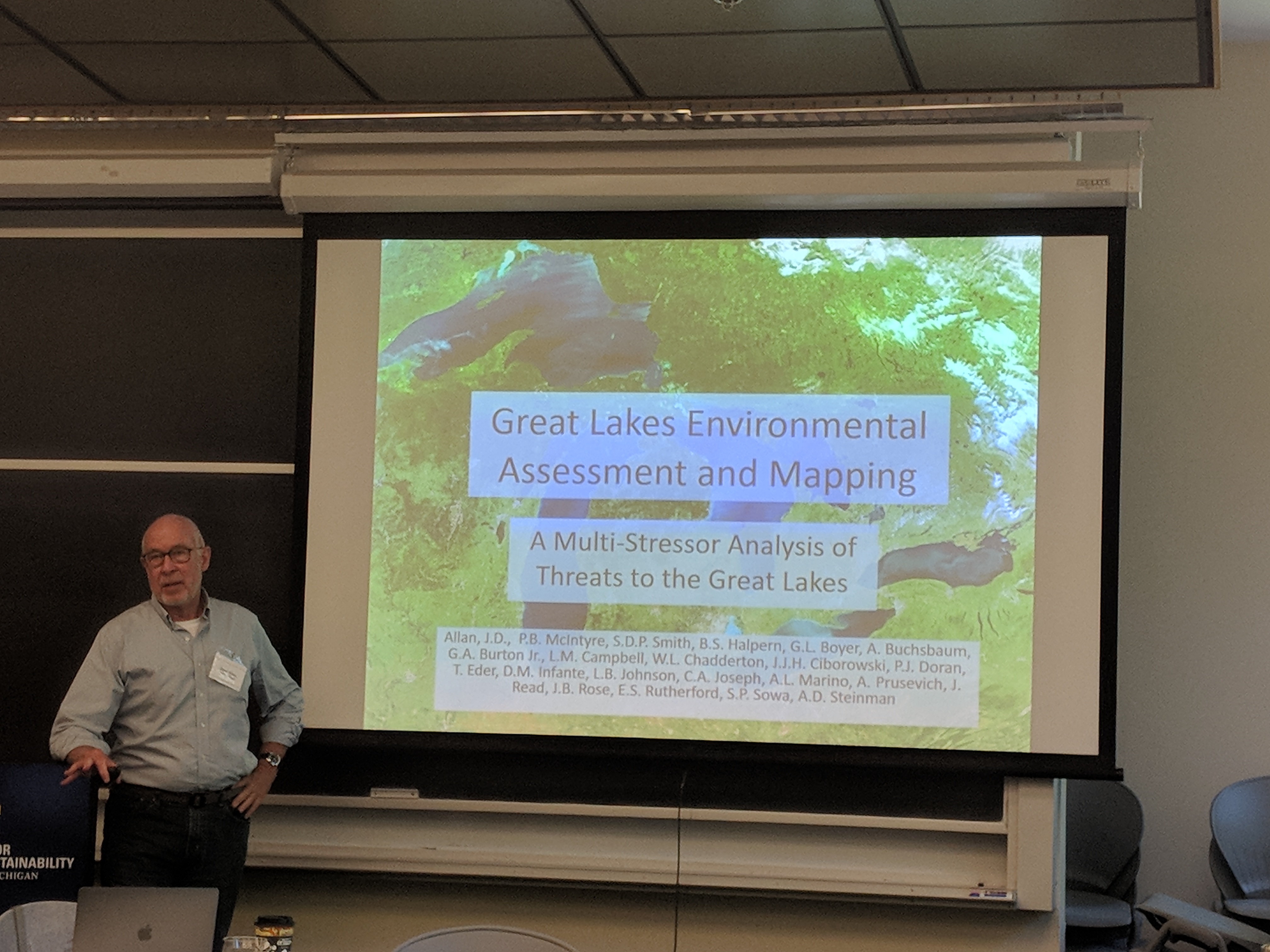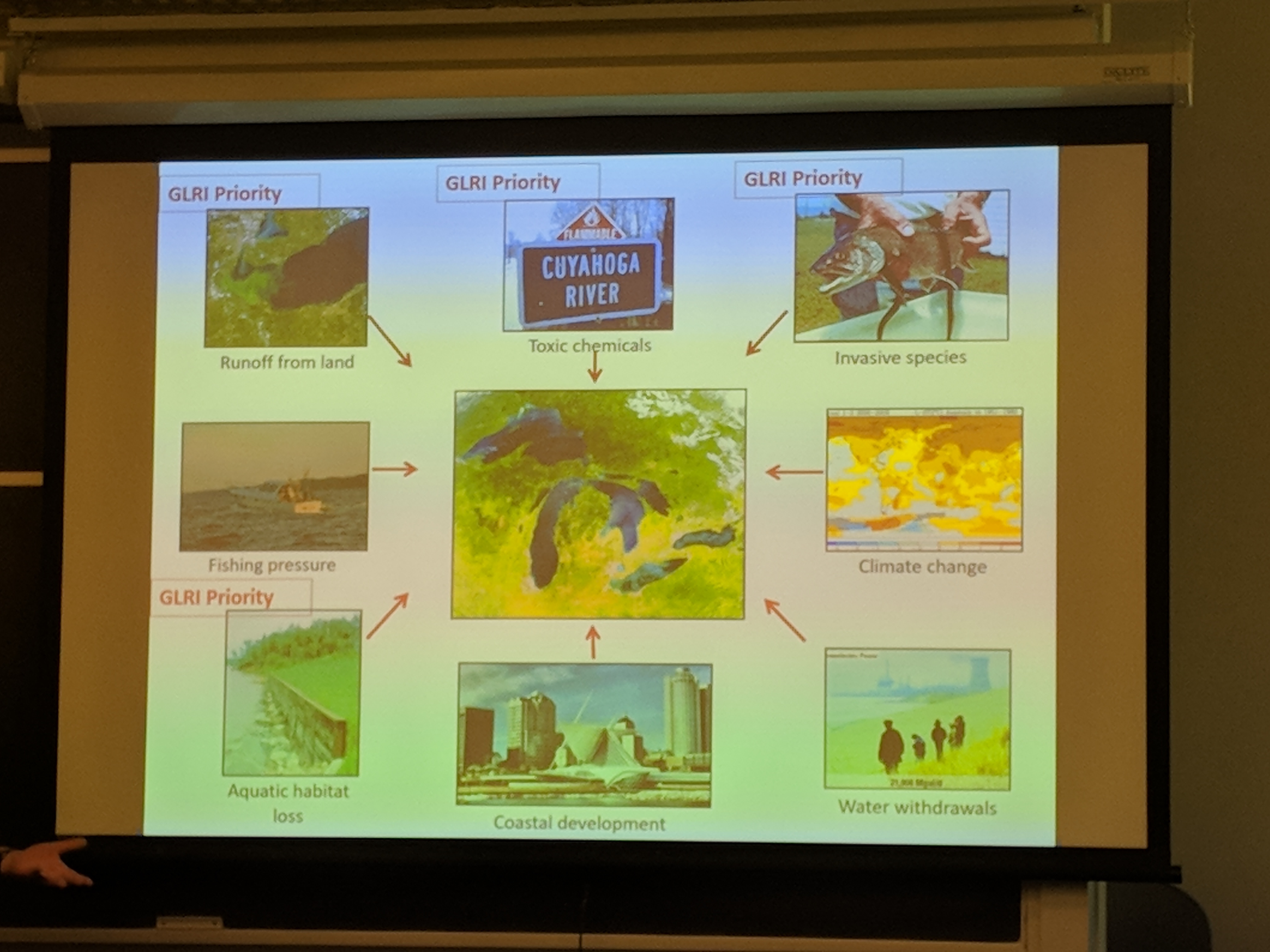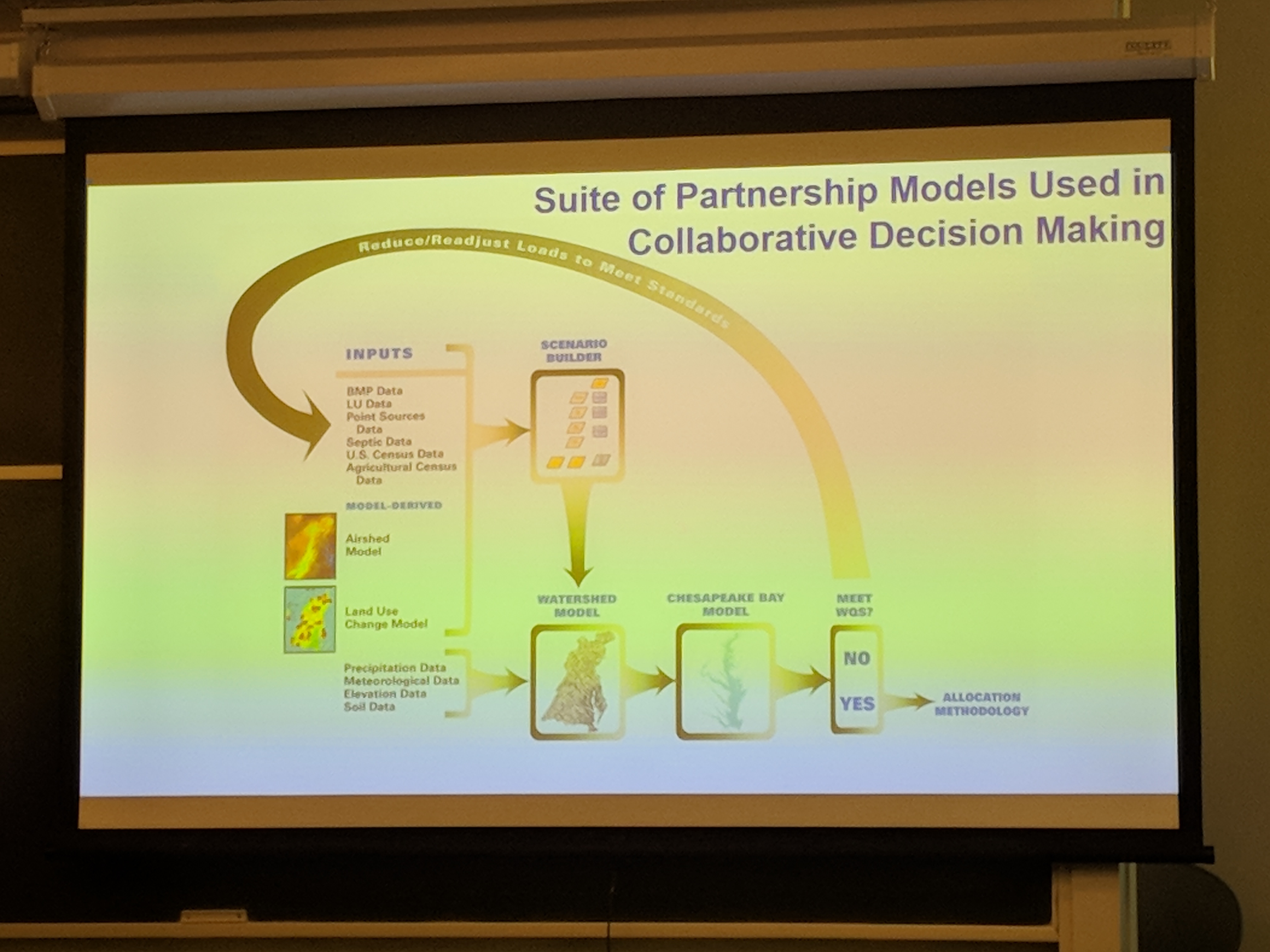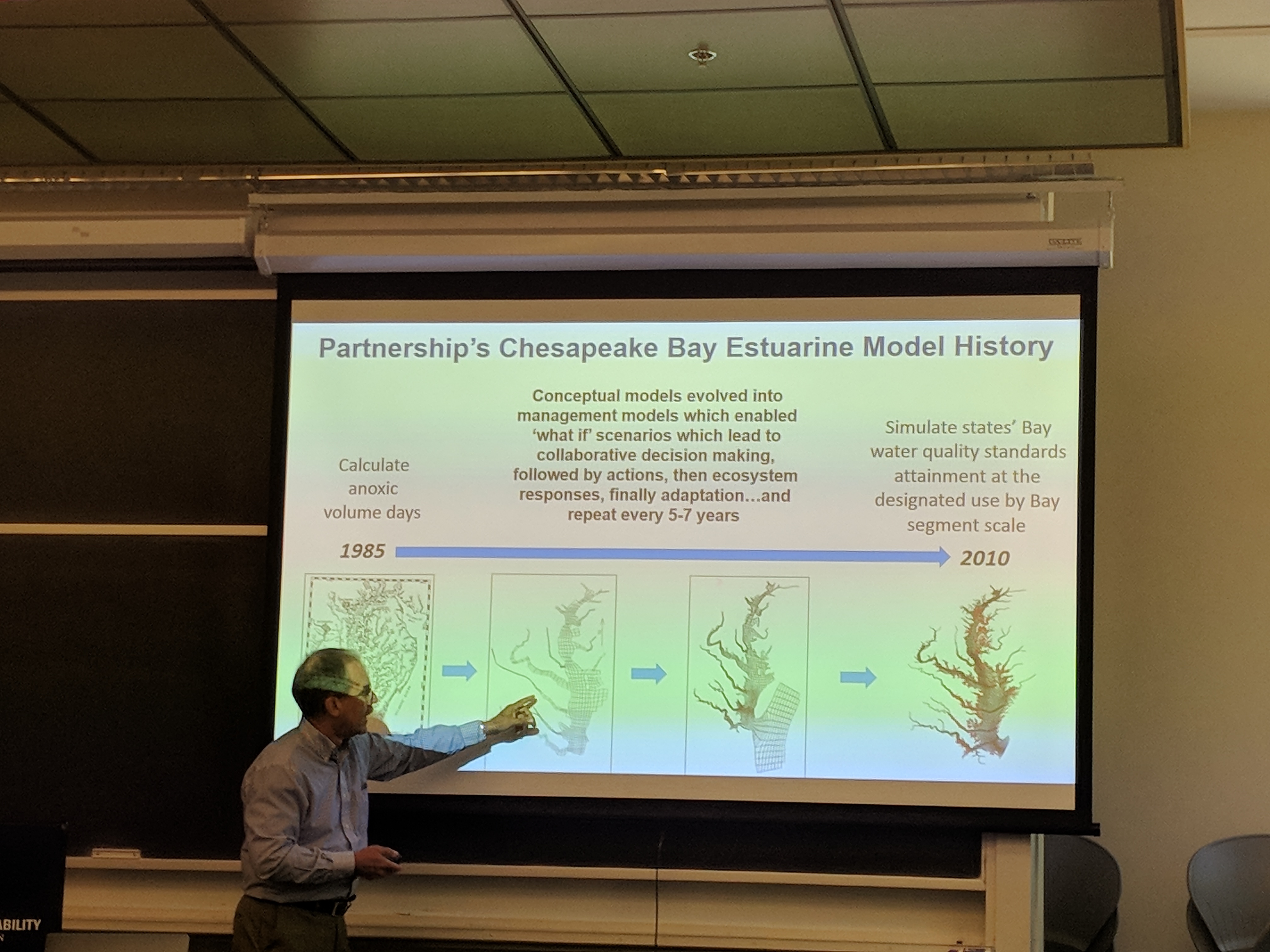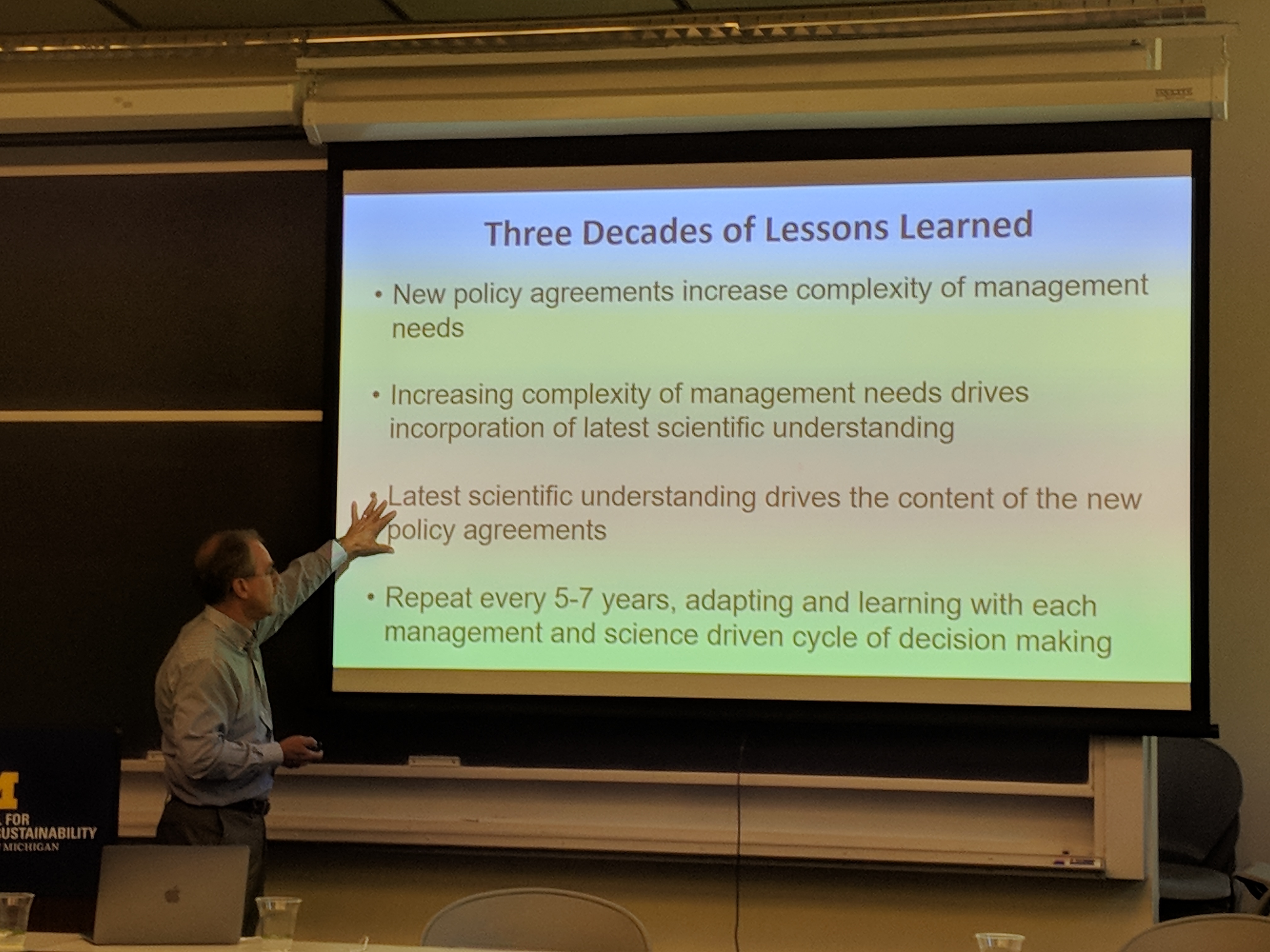Revisiting the Prescription: Identifying a Conceptual Framework for Approaches to Restoring and Protecting the Great Lakes
Dates: June 27-29, 2018
Leads: Michael Murray, National Wildlife Federation; David Allan, University of Michigan;
John Bratton, LimnoTech; Jan Ciborowski, University of Windsor; Lucinda Johnson, University of Minnesota-Duluth; Alan Steinman, Grand Valley State University; Craig Stow, NOAA, Great Lakes Environmental Research Laboratory
GLERL Research Program: Integrated Physical and Ecological Modeling and Forecasting
Goals: The overall goal of the summit is to identify one or more conceptual frameworks relating current anthropogenic stresses to changes in the lakes, in particular in light of potential management interventions to reduce the stresses.
Objectives are to:
1. Consider and select criteria (e.g. architecture, spatial scale, stresses addressed, mechanistic details, complexity) useful in identifying one or more conceptual frameworks addressing Great Lakes stresses.
2. Using selected criteria, identify one or more conceptual frameworks addressing Great Lakes stresses useful in restoration and protection planning.
3. Identify information gaps (e.g., related to research, monitoring) relevant to the framework(s) selected needed to fill to allow for improved restoration and protection planning using the preferred conceptual frameworks.
Twenty four natural and social scientists across diverse disciplines, program managers, and policy practitioners (including Steering Committee members) will meet to explore these issues. An expert assessment process (including with facilitated breakout groups, using the nominal group method) will be used to build consensus within groups, drawing on the wide range of disciplinary expertise available. Given the limited time available at the summit, discussions will focus around several conceptual frameworks identified or developed ahead of the summit.
Products:
A white paper was produced summarizing discussions and decisions at the summit. A peer-reviewed paper will be developed based on pre-summit work, summit discussions and decisions, and subsequent synthesis. We believe the products will be useful to researchers, agency program managers, intergovernmental agencies such as the International Joint Commission and Great Lakes Commission, as well as NGOs and private sector entities involved in Great Lakes restoration and protection.
NWF Summit Participants
